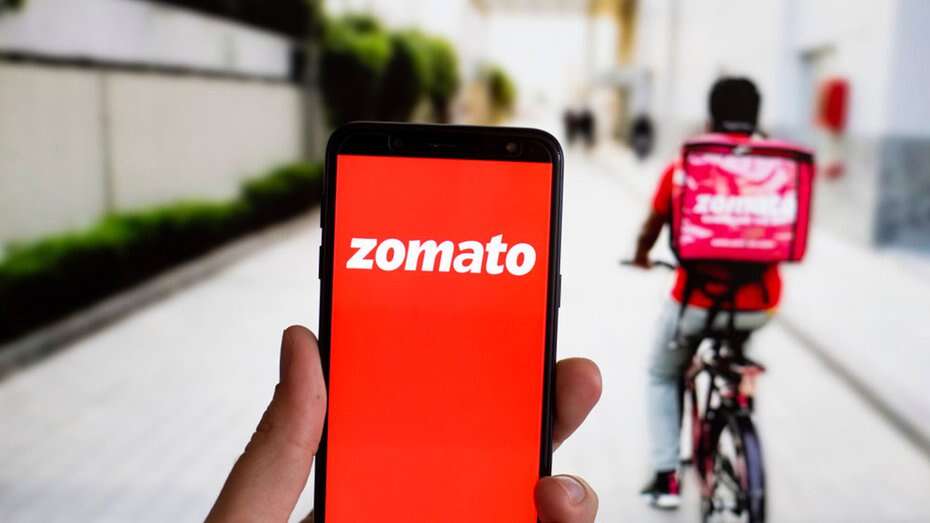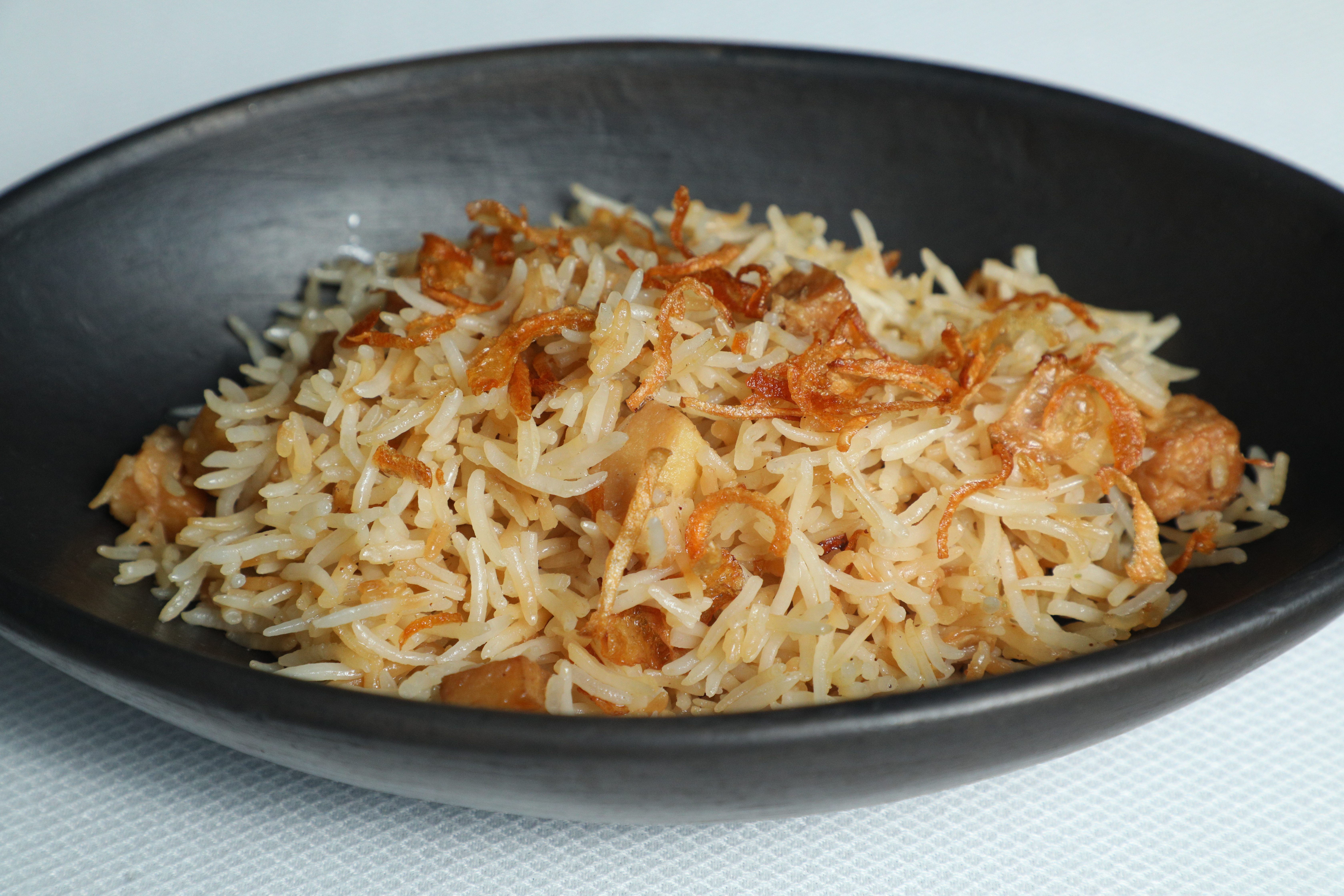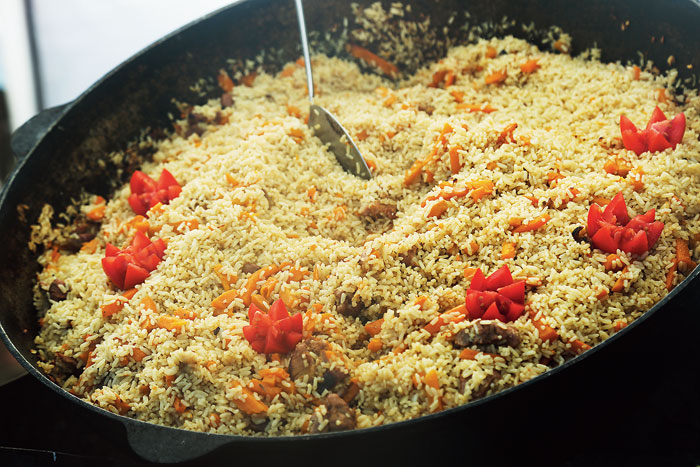For some years now, almost every restaurateur that I have met and spoken to in private has had this complaint: a majority of the eating-out public in India just does not seem to recognise quality. That is why we do not have even 10 truly great restaurants in a country the size of a continent; that is why even our casual restaurants many a times serve food big on theatrics but low on quality. And that is why so many bars lose steam after just a few months when the next, shinier player arrives offering cheaper drinks and similar average bites.
When quality of food and drink is not a differentiating factor, there is no customer loyalty. Most young consumers in most metros hop on to the next place which may be cheaper, offering better all-you-can-eat-and-drink deals but where the food is not qualitatively distinct from peers.
Regular restaurant frequenters may not realise the effect of this pervasive discount culture and the havoc it wrecks on restaurant economies. Restaurants land up offering impossible deals to gain customers but in the end this is unsustainable; profitability suffers and there is no incentive to upping the quality of food, drink and experience either.
Most Sunday brunches in restaurants, for instance, hardly make any money after the cornucopia they serve up included unlimited alcohol deals. The few luxury restaurants that we have in the country, often get pressured (or tempted to), to pander to the bargain hunters. Acclaimed restaurants have to contend with customers who do not understand why a seven course tasting menu supposed to showcase a chef’s creativity should cost more than two pizzas and a pink pasta at a “five star” restaurant, and in general restaurateurs and chefs who dare push boundaries with high quality cooking and ingredients are seemingly penalised by their audience. They land up making little money from their niche restaurants, or eventually shutting because there are not enough discerning takers for their food. It is telling when Ritu Dalmia says that even a restaurant like Diva in Delhi, a brand that is 19 years old, the face for Italian food in India, makes slim profits.
Why is the average Indian customer not more demanding of quality in restaurants? The discount culture that we have got used to in the metros may be at least partially to blame. Customers are spoilt for choice and have learnt that there is always a cheaper alternative.
Restaurant aggregator or reservation apps like DineOut, Zomato, Easy Diner etc that have allegedly been playing on discounting are now the subject of ire and protest by restaurants that have been losing money. Many of them can be seen as feeding off and further propagating this culture of discounting and thriving on deals. But there are deeper cultural reasons for why Indian customers are not lured by better meals, only by better prices.
Traditional Indian cuisines are complex and amongst the greatest in the world. But while these have been based on ideas such as seasonality, treating food as medicine and therefore using the best ingredients, highly skilled cooking and spicing, restaurant food in India is an entity quite different from home foods.
India’s eating out culture only came into its own post Partition, when large groups of displaced people started marketing food only loosely based on their cultural roots, and when the masses began frequenting these restaurants to eat food very different from the kind they ate at home.
In Mughal Delhi, though cafes or “kahwa khanas” had flourished as meeting spots for poets (as Ghalib records), artists and young men looking to socialise, and though foods such as chaat, mithai and naan were sold in the markets, most people ate their meals at home.
In Colonial India, as clubs, railway catering, and messes came up to cater to the sahibs and working populations of the presidencies, eating out gained ground but most Indians still ate at home. In fact, even till Liberalisation, eating out was widely considered wasteful and not entirely encouraged by senior family members -- quite in the same way as other entertainment such as watching cinema!
Eating out as a dominant leisure activity—the kind today, when people meet post work in bars, go on dates in cafes, and eat non home cooked meals more frequently (6.6 times on an average per month, according to the NRAI India Food Services Report 2019; much less than many other markets in the world still) – is relatively new to India. Most millennials who are driving the restaurant business today may in fact be first or second generation restaurant consumers! Many of them have little exposure to non home cooked quality meals. Thus, it can be argued, many of these customers do not recognise quality.
We can see this from their preferences: “rice-and-spice” generic biryani instead of an insistence on authenticated regional, traditional styles cooked with the best ingredients; syrupy synthetic chocolate “waffles” that no one in Belgium would own up to; momos where hot chilli sauce drowns out every other flavour… some of the most popular commercial foods today are definitely low brow. The most successful restaurant company in India today, in a scenario where many are bleeding or making little profits, is Barbecue Nation, whose value proposition is all you can eat buffet.
For the mass Indian consumer, to be more cognisant of quality will entail a process of evolution. However, restaurants can hasten this process by playing on quality, not price alone. A united stand by restaurants under the National Restaurant Association of India (NRAI) umbrella to log off restaurant aggregator apps thriving on deep discounting is the right step in the right direction. Discouraging the discount culture is necessary not just for restaurant economics, but for upping the quality of our eating out culture. But restaurants too need to look at how viable their models are-- chef led, specialised, high on quality restaurants should any way not seek discounting to bring in customers and not be on aggregator platforms.
Anoothi Vishal is an author, food historian and curator

In general restaurateurs and chefs who dare push boundaries with high quality cooking and ingredients are seemingly penalised by their audience iStock













